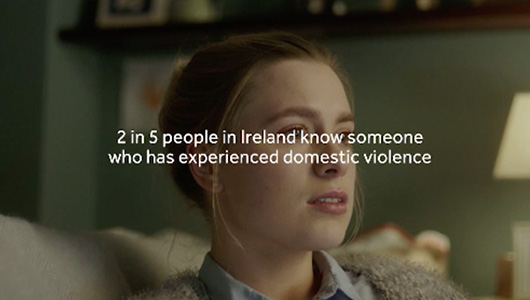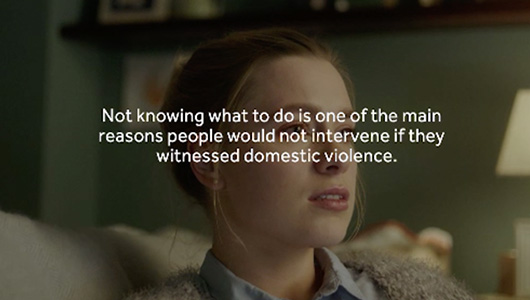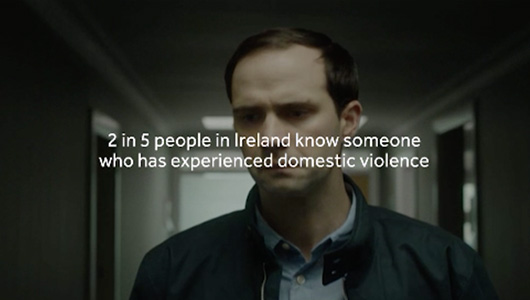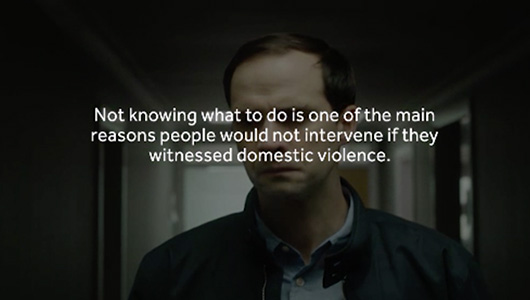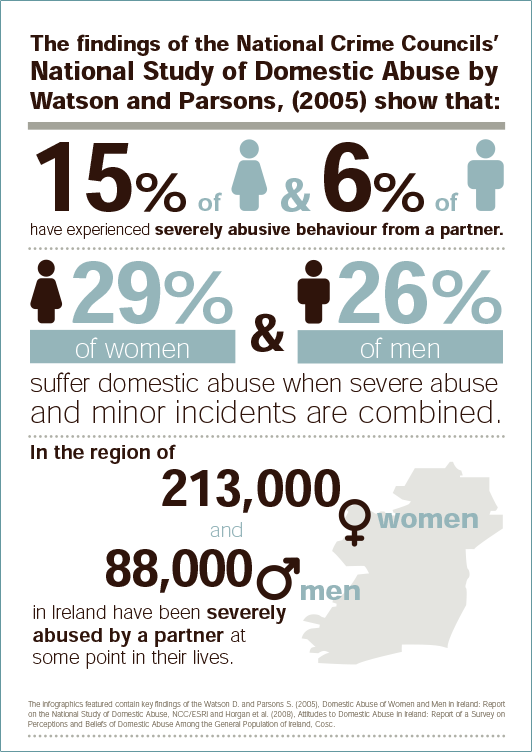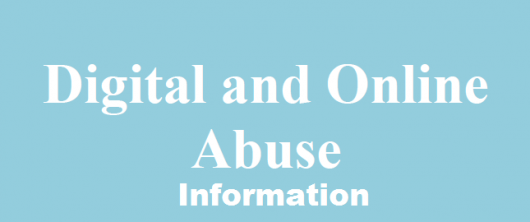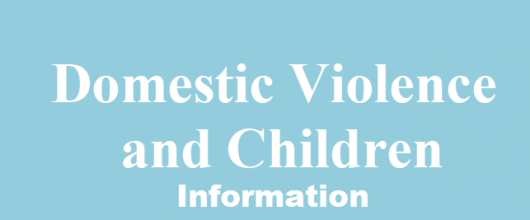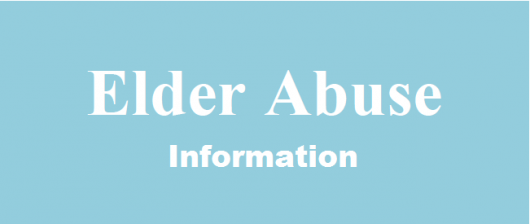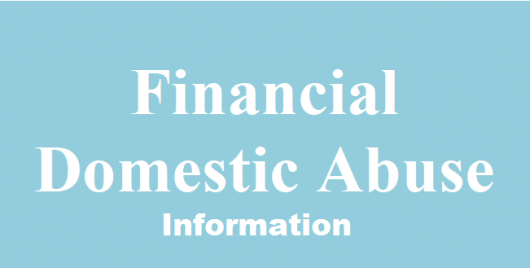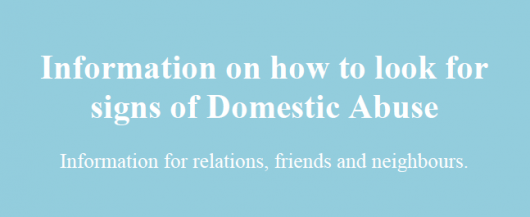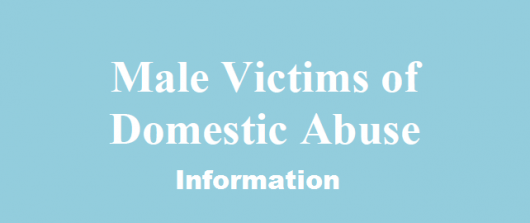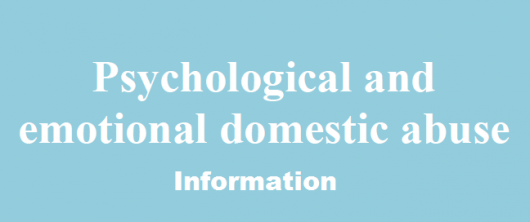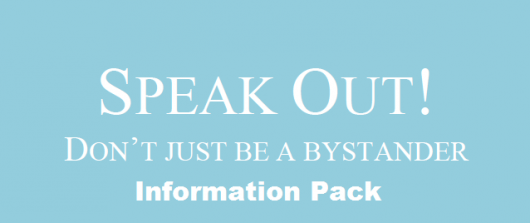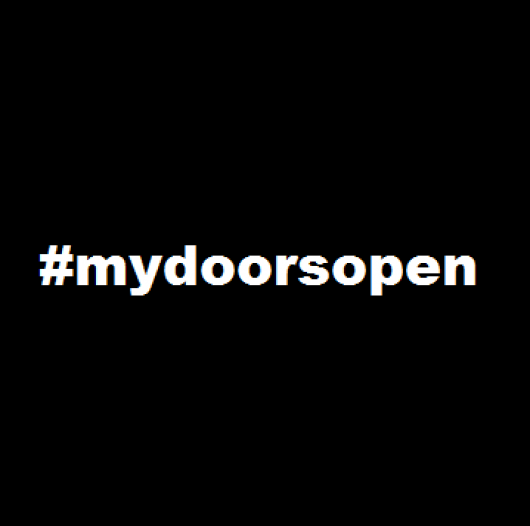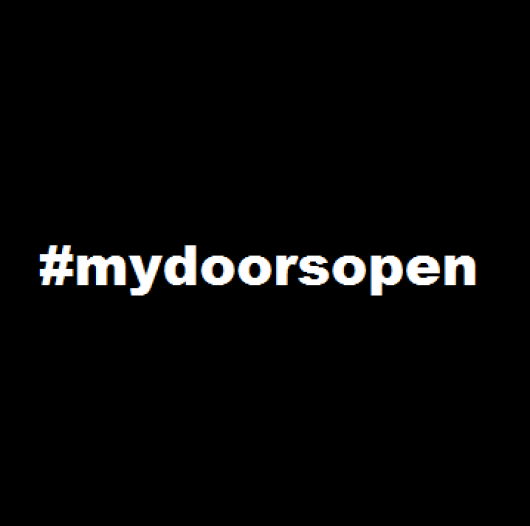Digital Safety
Always remember that computers record everything you do on the computer and on the Internet.
Computers store information about what you look at on the Internet, the e-mails you send, and other activities. It is impossible to delete or clear all computer "footprints". If you think you may be monitored on your home computer, it might be safer to use a computer in a public library, an Internet Café or at the home of a trusted friend.
On-line / Digital abuse
Online/digital abuse can include:
-
online and technology abuse;
-
on-line stalking;
-
“sexting”;
-
harassment via mobile phones;
-
abuse by way of social media (e.g. the spreading of hurtful and harmful lies about partners/ex-partners);
-
an abuser’s use of specific spyware to monitors someone’s online activity;
-
on-line stalking;
-
and the sending or posting of explicit images without permission (e.g. ‘revenge porn’).
Internet:
All modern internet browsers have an ‘incognito’ or ‘private’ setting which should be utilised when looking for material online that is considered sensitive.
Incognito or private browsing means that there will be no record of the user’s online activity while using the incognito or private mode.
Here is how to turn on these settings in the most common browsers in use today:
Internet Explorer
Click on ‘Tools’ at the upper left hand side on the browser. Select ‘InPrivate Browsing’. To leave InPrivate Mode, close the private window or re-open your Internet Explorer browser.
Google Chrome
Click on the Menu ![button [=]](/assets/img/safety-menu.png) or Wrench
or Wrench  icon in the top right corner. Select ‘New Incognito Window’. To leave Incognito Mode, close the incognito window or re-open your Google Chrome browser.
icon in the top right corner. Select ‘New Incognito Window’. To leave Incognito Mode, close the incognito window or re-open your Google Chrome browser.
Firefox
Click Menu in the upper right-hand corner of the browser window. Select ‘New Private Window’. To leave Private Mode, close the private window or re-open your Firefox browser.
Safari
Click on the File menu at the top of the browser window. Select ‘New Private Window’. To leave Private Mode select ‘New Window’ in the File menu or close the Private browser window and open a new Safari browser window.
Deleting past online activity
The simplest way to delete history on modern browsers such as Google Chrome, Firefox and Internet Explorer 11 is by hitting “Ctrl + Shift + Delete”. This will automatically bring you into the clear browsing data option, where you just choose what to delete and click “clear”.
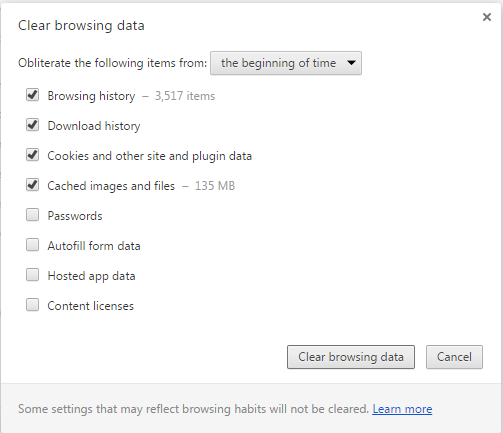
For older browsers:
-
Internet Explorer: browsing history is deleted by clicking on Tools, select “Safety” and then click onto “Delete Browsing History” and then tick all the boxes in the window that opens and then click “delete” in the dialogue box.
or
Pull down Tools menu, select Internet Options. On General page, under Temporary Internet Files, click on "Delete Files". Under History click on "Clear History."
or
Pull down View menu, select Internet Options. On General page, under Temporary Internet Files, click on "Delete Files". Under History click on "Clear History."
-
Netscape: Pull down Edit menu, select Preferences. Click on Navigator and choose 'Clear History'. Click on Advanced then select Cache. Click on "Clear Disk Cache". On older versions of Netscape: Pull down Options menu. Select Network Options, Select Cache. Click on "Clear Disk Cache".
-
Firefox: Pull down "Tools" menu. Click on "Clear Private Data". Tick "Browsing History"; "Cache"; and "Cookies". Click on "Clear Private Data Now".
-
AOL: Pull down Members menu, select Preferences. Click on WWW icon. Then select Advanced. Purge Cache. This information may not completely hide your tracks. Many browser types have features that display recently visited sites. The safest way to find information on the internet would be at a local library, a friend's house, or at work.
-
Change passwords regularly, especially those related to any on-line banking or finance, e-mail accounts or instant messaging.
-
You may not wish to cause any suspicion regarding your change of computer behaviours. It is advised that you consider using the home computer you would normally use for everyday use and then use a safer computer to research an escape plan, look for new employment or accommodation, or seek help/support/advice.
-
Use an internet ID or yahoo/google account your abuser knows nothing about.
E-mail:
E-mail is not always a safe or confidential way to talk to someone about the danger or abuse in your life. Helplines and/or contacting An Garda Síochána are preferred ways of seeking help and support.
If someone has access to your e-mail account, they may be able to read your incoming and outgoing mail.
-
Make sure you choose a password that someone will not be able to guess.
-
Change your password regularly.
-
Delete mails in your inbox, sent and trash folders.
-
Some e-mail programmes can automatically save addresses of mails you have sent and received, so check your e-mail address book and delete any contact details you fear could raise suspicions. You may need to memorise or otherwise record essential e-mail contact details.
-
If someone sends you threatening or harassing e-mails, make sure you print and save them. Although you may be tempted to delete them, especially if they are distressing, they are evidence and may help you prove that a criminal offence has been committed.
Phones:
-
Always remember to delete text messages you have sent or received – unless they are messages sent by an abuser.
-
If you receive threatening or harassing text messages, do not reply to them and keep them as they are evidence. The Gardaí can have these messages downloaded and printed.
-
If your phone stores delivery reports for text messages that you send, make sure to delete these also.
-
When making calls please note that traditional landline phones are more private than mobile phones or cordless phones. However, it may not be appropriate to use a landline if the abuser has access to itemised bills.
-
Always remember to check the call register on your mobile or cordless phone and delete any numbers that could raise suspicions.
For a comprehensive guide to staying safe and technology, go to http://nnedv.org/resources/safetynetdocs.html



![button [=]](/assets/img/safety-menu.png) or Wrench
or Wrench  icon in the top right corner. Select ‘New Incognito Window’. To leave Incognito Mode, close the incognito window or re-open your Google Chrome browser.
icon in the top right corner. Select ‘New Incognito Window’. To leave Incognito Mode, close the incognito window or re-open your Google Chrome browser.





